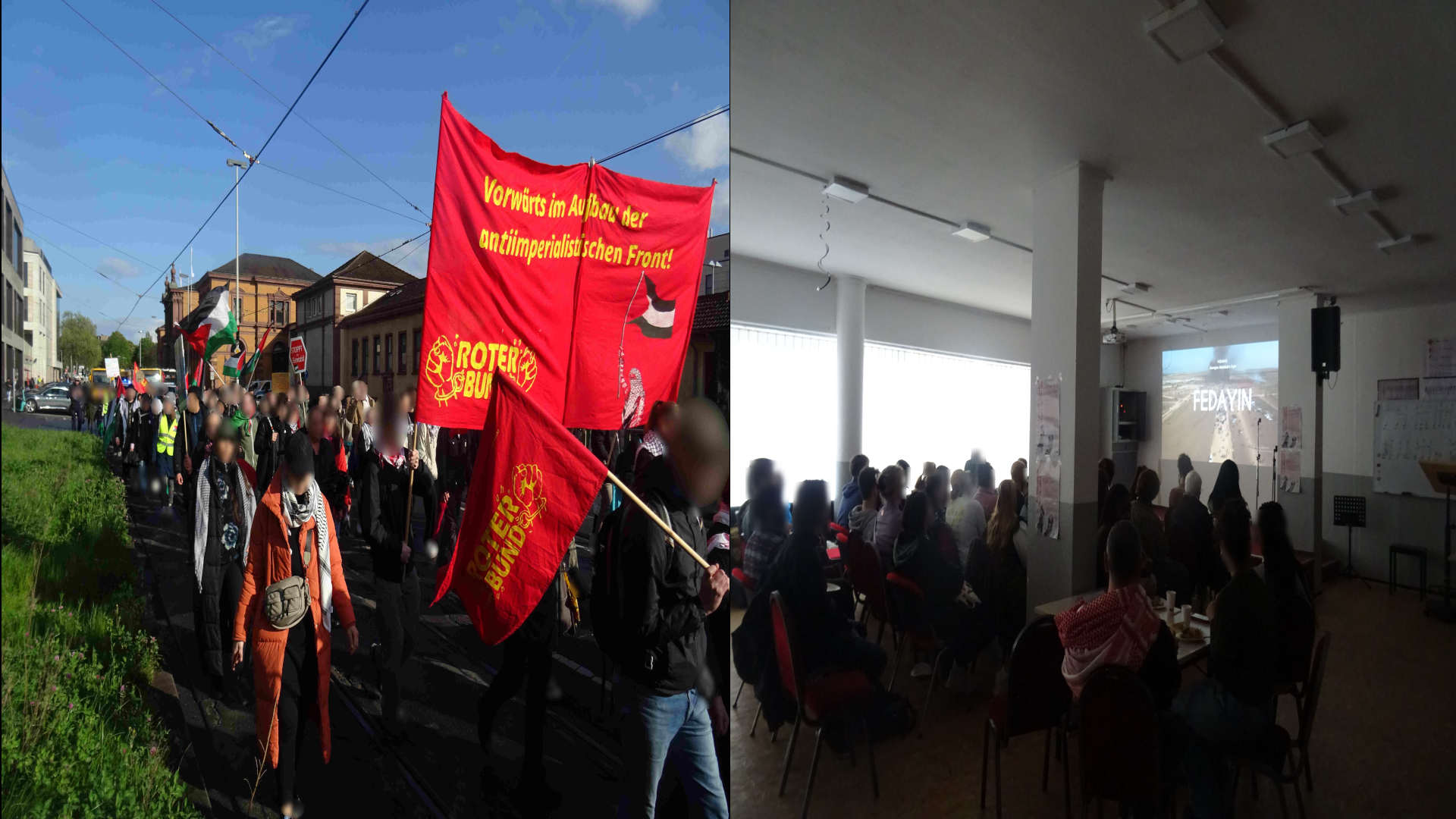The question of affordable and good housing for the broad mass of the population is an increasingly pressing issue in pretty much every federal state. And in North Rhine-Westphalia too, the current economic crisis and its disastrous political handling for the majority of people is finding its particular expression in the housing shortage.
CDU construction minister Ina Scharrenbach blames this on high interest rates and construction costs as well as crisis concerns. That this argument only tells half the truth was already discussed last year in the Rote Post. At that time, it was summarized that rent increases in NRW in 2023 had risen more than rents in the previous ten years combined.
For Scharrenbach, the basic problem is that not enough apartments are being built and therefore not enough apartments are available on the market. This means that either not enough is being built for people with lower incomes or that enough is being built to balance supply and demand and that the real estate monopolists cannot simply choose richer tenants. At least that would be one of the possible deductions from the "building" argument.
But this argument is demagoguery at its finest. And this can be seen above all in practice, because Scharrenbach has now drafted a directive that provides relief in the crisis, namely for the real estate monopolies. Because there is obviously a shortage of affordable housing in NRW, real estate companies that build new social housing with state subsidies will in future be allowed to set the rent of these newly built social housing units disproportionately high.
In summary, this means that the black-green state government in NRW promises to solve the housing shortage by building social housing and gives real estate companies capital subsidies to build these social housing units. In order to make this really attractive to the companies and to stabilize the German monopolies in times of crisis and to maintain their market position and competitiveness, the companies are allowed to charge rents that no longer meet the standards of social housing. In the end, the bourgeois state spends a lot of money to build apartments that will again be too expensive for many workers so that the monopolies can enrich themselves.
The German broadcaster WDR has calculated what this means in concrete terms. In cities such as Münster, Düsseldorf or Cologne, workers with a monthly net income of around 1700 euros have to spend 75 cents more per square meter on rent. For a 60 square meter apartment, that would be 45 euros on top of the rent. It costs even more for workers who earn over 1700 euros net, which Scharrenbach justifies by saying that they are not the primary group of people entitled to housing. However, the minister does not differentiate between single and family households and does not take into account that, for example, 2000 euros net is not a lot of money given the increases in the cost of living in recent years, especially if you have a family to look after.
Not surprisingly, this impoverishment directive is criticized by the tenants' association in NRW. While the Association of the Housing and Real Estate Industry praises Scharrenbach for the increase in "social rents", as they would not be able to operate economically without it, and Minister Scharrenbach is provoking the fact that, in her opinion, one can be happy about the proportionality of the increase, which was probably set higher in the first drafts - by the monopolies. We see that we cannot and should not expect anything from the bourgeoisie - in this case the real estate monopolies - and their politicians. As far as the solution is concerned, with so much blatant fraud, the line from Bertolt Brecht's poem "Resolution of the Communards" comes to mind:
"Considering that there are houses standing there while you leave us without a place to stay
we have decided to move in now because it no longer suits us in our holes.
(...)
Considering that we do not trust the government whatever it promises
we have decided under our own leadership to build a good life for ourselves now."
Cover picture is taken from the WDR article.











